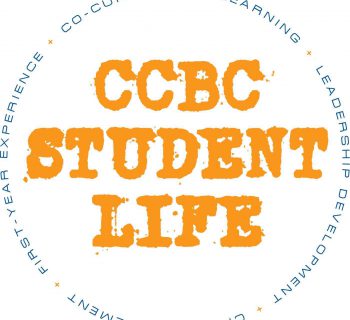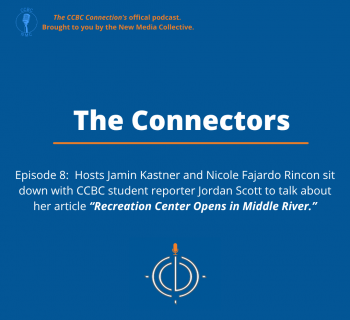Students Encounter Challenges Pursuing Perfection
Nicholas Enoch
Articles reflect the views of the author and or those quoted and do not necessarily represent the views of CCBC or the CCBC Connection.
Many people believe that having that 4.0 GPA and a straight "A" average would be an overall demonstration of a student’s abilities. What some don’t know is that straight "A" students may in fact lack some skills necessary for success outside of the classroom.
Teachers, parents, and counselors alike tell their students that colleges are looking for that 4.0 GPA for acceptance. This may be true with competitive programs, however, grades as perfect as these don’t tend to always have any correlation between getting a successful job and acquiring necessary skills required outside the classroom like leadership and creativity.
According to an article in the New York Times by Psychologist Adam Grant, “Academic excellence is not a strong predictor of career excellence. Across industries, research shows that the correlation between grades and job performance is modest in the first year after college and trivial within a handful of years.”
Jobs these days that students are looking into like Engineering, Journalism, and the Sciences want students with experience rather than perfect GPA’s. Not only do jobs in career paths look for training, they look for whether that applicant has leadership and creativity skills other than just skills in the classroom or lecture hall.
In most cases important skills such as leadership are not being taught in the classroom. These essential skills are being overlooked for students trying to cram a truckload of information before an exam or test. Students focus so much on trying to study information, that they are beginning to lose their sense of creativity and are not taking enjoyment in learning about the class.
Retaining the information about the class has and still is a big problem after getting that important “A” grade. A contributing writer on Forbes stated that he has three children with perfect GPA’s and straight "A’s" in their classes, but that they don’t seem to actually retain any information from their subjects.
Students who stay up until the break of dawn studying for that big test or exam, are willing to put their health on the line to get that "A."
According to an article on Open Colleges Education website, the author explains to the reader that, “Good grades reflect nothing more than hard work and memorization over the course of a single school term.”
Researchers like Daniel Willingham and Robert Bjork, who are cognitive scientists, have conducted research that concludes that good grades don’t necessarily have a correlation with a good memory of the material learned in the class. As time passes, the amount of information learned from the textbook decreases from as high as 57 percent after one day and as low as 17 percent after one month.
Retaining the information for a short period is good to pass that exam, but for using that information in the future, that will become a huge challenge and create a huge barrier in their learning for classes in the future.
Advisors are currently trying to stress to students that it is important to focus on retaining the information learned from classes rather than only focusing on perfect grades and retaining nothing from that 16-week course.
Many experts and educators are starting to understand that while getting straight "A’s" may look good on a transcript, it may not help in looking for that life long career that so many students desire.
Note: This is the third article in a series on education and mental health.















I strongly agreed with you. I think it is important that we consider the importance of our health while attaining our education. Also, it is true that Grades at times don’t guarantee us for getting a successful job. At times experience it’s much better.